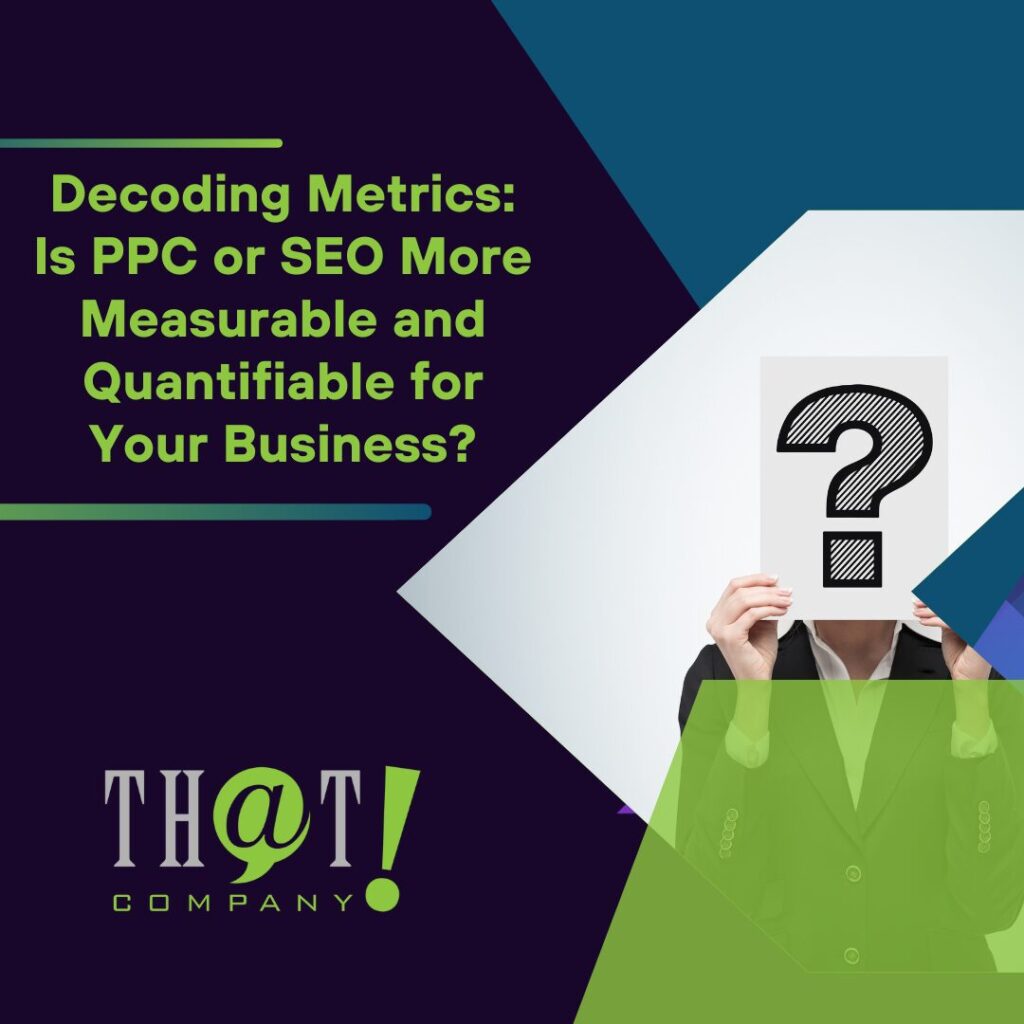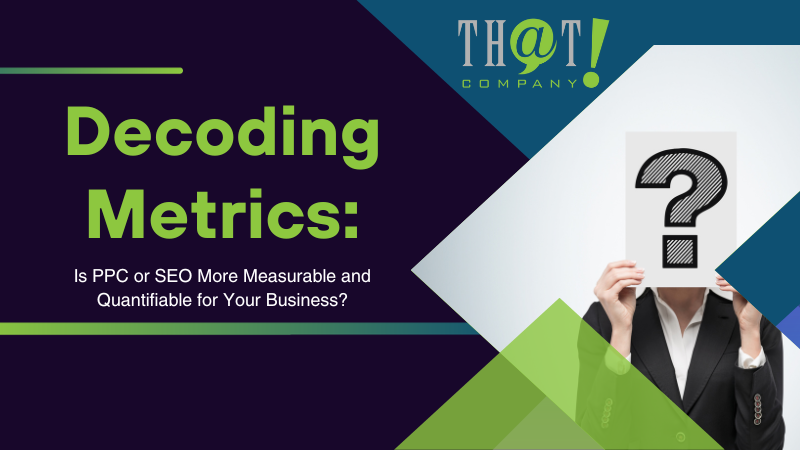
In pursuing effective digital marketing, professionals often ask, ‘Is PPC or SEO more measurable and quantifiable?’ This article aims to answer that by examining both strategies. PPC provides immediate and clear metrics, ideal for short-term analysis and strategy tweaks. SEO’s metrics, while not as immediate, offer profound insights into the long-term health of your online presence. Discover the depths of each approach’s tracking capabilities and how they can serve your business goals. Explore the added dimension with our expertise in white label search engine optimization for comprehensive insights and long-term success.
Key Takeaways
- PPC advertising offers immediate and directly measurable results through key metrics like clicks and conversions, while SEO’s effectiveness is long-term, less directly measurable, and benefits from ongoing tactics.
- SEO and PPC require different strategies and metrics; while PPC focuses on ad performance and immediate returns, SEO measures organic reach and visibility, resulting in slower yet enduring benefits.
- Integrating PPC and SEO data provides comprehensive insights that can improve keyword relevance, ad quality, and overall marketing performance, leveraging the strengths for a balanced digital marketing approach.
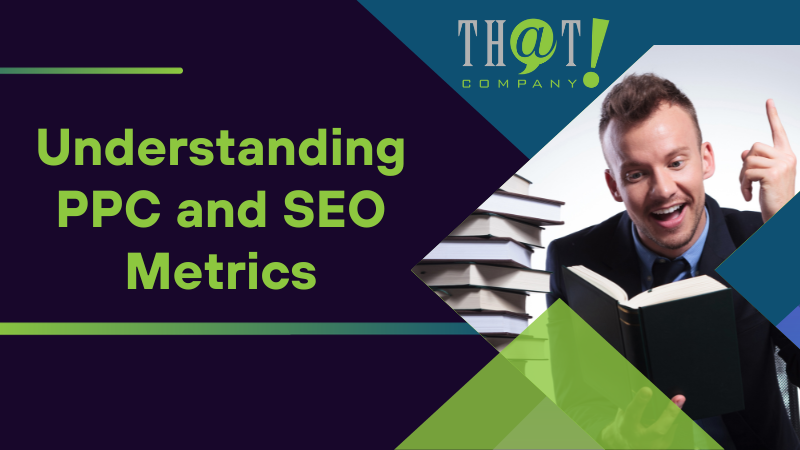
Understanding PPC and SEO Metrics
PPC and SEO sit at the heart of digital marketing strategies. PPC, also known as pay-per-click, is a type of online advertising where advertisers incur charges each time their ads are clicked. These ads are positioned based on specific keywords, offering immediate results and control. SEO, or search engine optimization, revolves around ensuring a website contains relevant content and keywords to achieve higher organic search result rankings without direct payment for placement.
The trackability of PPC and SEO varies greatly. PPC offers tangible, immediate results and control through direct ROI and conversion metric tracking, ensuring predictability. Conversely, SEO as a strategy is more long-term and less directly trackable. More external factors influence it, necessitates perseverance, and offers enduring benefits through ongoing SEO tactics.
Evaluating the effectiveness of digital marketing campaigns necessitates measuring and quantifying PPC and SEO. This allows for informed decision-making, strategy optimization, and efficient resource allocation, all of which underpin immediate and sustained digital marketing success. Explore the advantages of our expertise in white label marketing services to enhance your campaign measurement and ensure long-term success.
Key PPC Metrics to Track
Regarding PPC, certain key performance indicators are indispensable for comprehending how ads perform on search engine results pages. These include:
- Impressions
- Clicks
- Cost per click
- Conversion rate
- Return on ad spend (ROAS)
We can measure and quantify success in PPC advertising by analyzing these metrics, which are often informed by thorough keyword research.
For instance, a local bakery monitored the above metrics to assess the effectiveness of their PPC advertisements.
These metrics provided clear insights into their campaign’s performance, helping them make informed decisions on optimizing their advertising spend.
Vital SEO Metrics for Success
For SEO, key performance indicators encompass:
- Organic traffic: represents the volume of visitors directed to a website from search engine results, thereby portraying the website’s visibility and effectiveness in attracting targeted traffic.
- Keyword rankings: indicate how well a website ranks for specific keywords in search engine results.
- Bounce rate: measures the percentage of visitors who leave a website after viewing only one page.
- Time on site: measures the average time visitors spend on a website.
- Backlink profile: refers to the number and quality of websites linking to a website.
These metrics are important for evaluating the success of SEO efforts, as they provide insight into various SEO focuses.
Keyword rankings are crucial in determining a website’s visibility in search results by measuring how well its content aligns with search queries, which can be tracked using tools like Ray ID. Metrics like bounce rate indicate user engagement and satisfaction. Similarly, time on site serves as a measure of user engagement, with longer durations indicating that visitors perceive the content as relevant and captivating.
A backlink profile, comprised of links from external websites to your own, measures your content’s credibility and authority from the perspective of search engines.
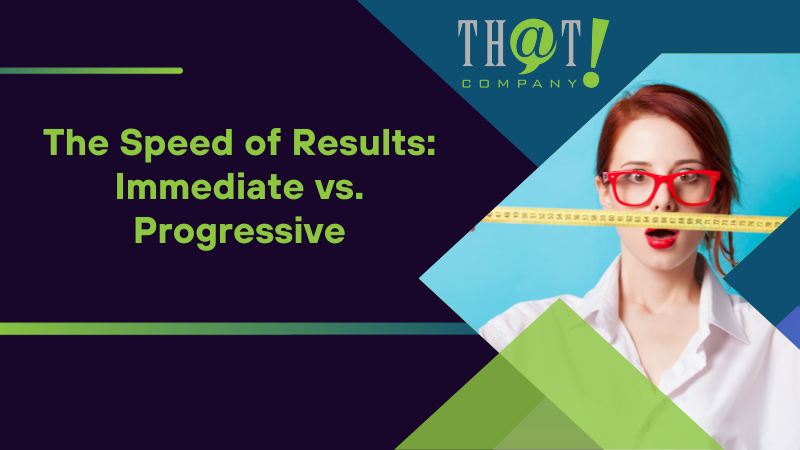
The Speed of Results: Immediate vs. Progressive
Every business is eager for quick results. However, the speed at which these results are obtained varies greatly between PPC and SEO. PPC campaigns yield instantaneous results, making them highly measurable in the short term. You can track the ROI and conversion metrics directly, providing clear insights into the effectiveness of your campaigns.
Conversely, SEO requires a progressive approach, fostering visibility incrementally. The measurability of SEO is more indirect than PPC and requires a longer-term perspective to understand the growth of organic traffic fully. When making decisions on digital marketing strategies, businesses should carefully consider their objectives and timeframe, acknowledging that PPC can provide immediate success while SEO gradually establishes a lasting presence.
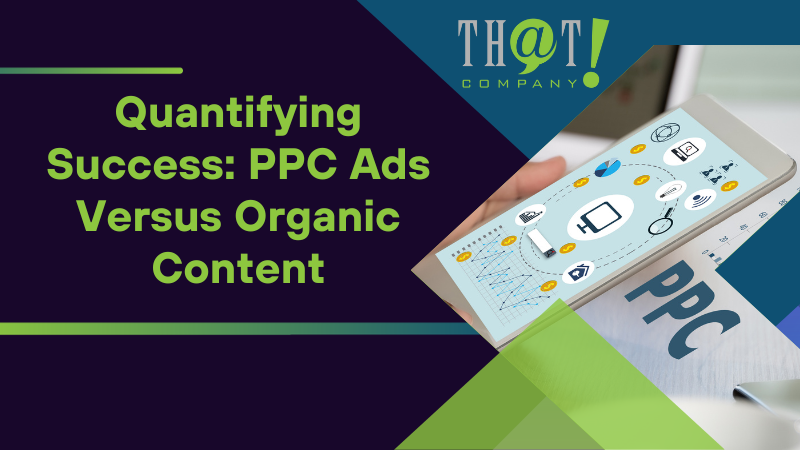
Quantifying Success: PPC Ads Versus Organic Content
To quantify success in digital marketing, performance analysis is essential. For PPC, this is typically measured through ad performance, tracking metrics such as clicks, impressions, conversions, and cost per click (CPC). SEO, on the other hand, focuses on organic content and search rankings. Organic traffic, keyword rankings, backlinks, and engagement rates measure success here. This difference in approach underlines the unique advantages each strategy brings to the table, and understanding these metrics is key to making informed decisions on which to invest more heavily.
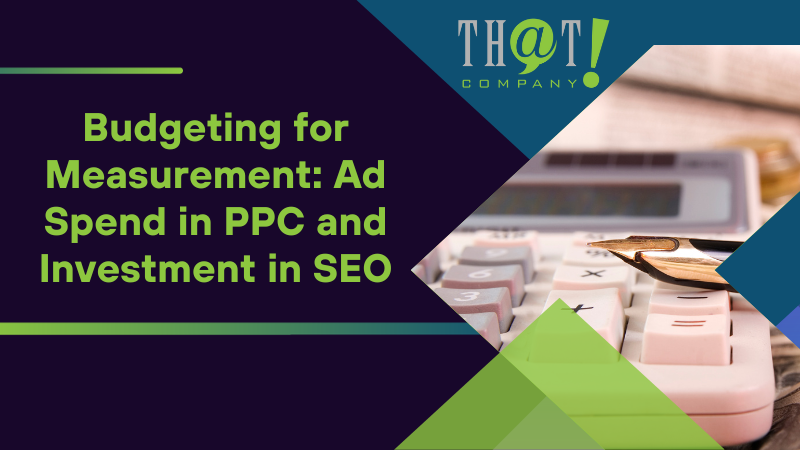
Budgeting for Measurement: Ad Spend in PPC and Investment in SEO
Within the scope of digital marketing, budget is a determinant factor in the strategies a business can implement. Here are some key points to consider:
- SEO generally incurs minimal direct costs as it emphasizes organic reach.
- PPC entails a monthly advertising budget for platforms like Google Ads, excluding service fees.
- The typical cost per click (CPC) for PPC advertising varies from $1.16 to $6, contingent upon the industry.
Small businesses’ average monthly SEO expenditure can range from $500 to $10,000. Establishing an in-house SEO team can represent a substantial investment, especially for small startups or local businesses, with salaries for key positions such as SEO managers, content writers, and SEO specialists ranging from $35,000 to $100,000 annually.
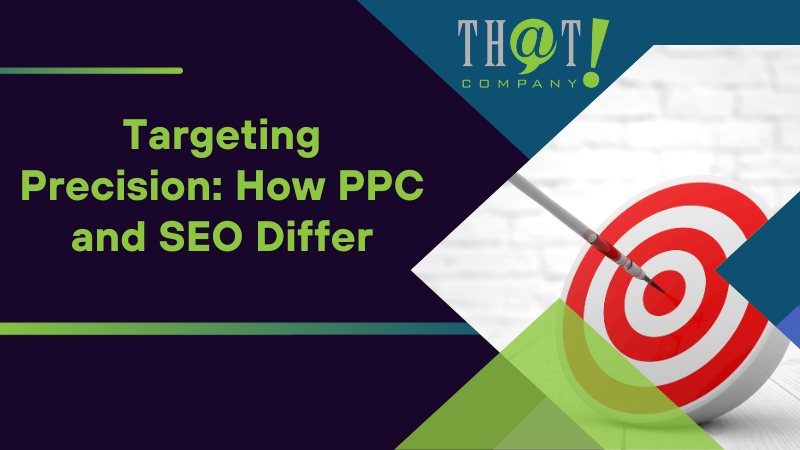
Targeting Precision: How PPC and SEO Differ
Precision targeting in digital marketing relies on exploiting data and audience insights to devise detailed strategies, moving beyond standard demographic segmentation and necessitating a profound understanding of consumer behavior. PPC facilitates precise target audience segmentation by enabling advertisers to target specific keywords and phrases, utilize audience targeting features based on demographics, and achieve more precise advertising goals.
On the other hand, SEO draws in organic traffic that is more deeply engaged with the content. The variation in targeting precision between PPC and SEO significantly impacts the outcomes.
PPC provides a wider array of targeting options, enabling businesses to effectively reach their intended audience by considering:
- demographics
- locations
- interests
- device types
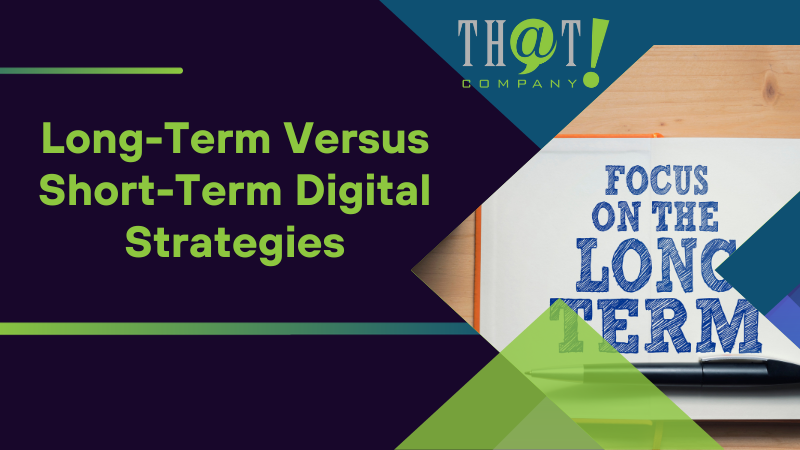
Long-Term Versus Short-Term Digital Strategies
Within the realm of digital marketing, time is critical. Strategies can either be focused on short-term gains or long-term sustainability. The distinguishing characteristic between long-term and short-term strategies in PPC and SEO is that SEO is a gradual process aimed at improving search rankings over an extended period, whereas PPC entails short-term marketing tactics, such as paid ads, to swiftly drive traffic to a website.
Long-term PPC strategies prioritize sustained results and long-term objectives, whereas short-term PPC strategies prioritize immediate results and rapid traffic generation. SEO strategies offer the advantage of sustainable traffic growth and consistent audience engagement by focusing on enduring keywords that attract organic traffic over time. Conversely, short-term SEO strategies may yield quicker results initially, but they may lack the same long-lasting impact and could involve greater dependency on SEO firms.
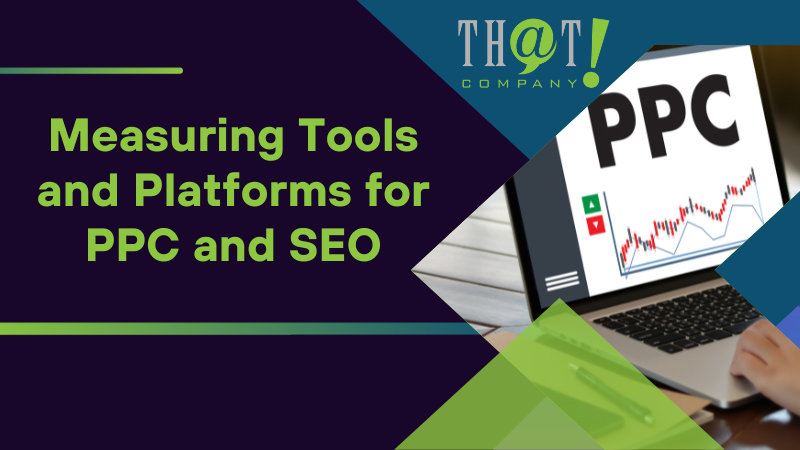
Measuring Tools and Platforms for PPC and SEO
The effectiveness of any digital marketing strategy hinges largely on the capacity to monitor and measure performance. This is where tools and platforms for PPC and SEO come into play. Primary measuring tools for PPC analysis commonly include:
- Optimizely
- SEMrush
- Optmyzr
- Opteo
- Google Ads
- SpyFu
- SE Ranking
- AgencyAnalytics
- Google Analytics
- Google Trends
- Google Sheets
- Google Ads Editor
- HubSpot
Google Analytics offers a wide range of statistics and analytics for PPC and SEO, enabling digital marketers to assess advertising ROI, monitor conversions, and gain insights into effectiveness and areas for improvement. Furthermore, functionalities such as Content Drilldown reports assist in monitoring and comparing the performance of specific website segments. Semrush provides a specialized PPC reporting tool called My Reports, allowing for detailed and custom PPC tracking through various data points. Additionally, it utilizes machine-learning algorithms and trusted data to offer comprehensive data for SEO metric tracking.
Moz Pro, on the other hand, offers a comprehensive range of SEO tools, such as site audits and on-page optimization insights.
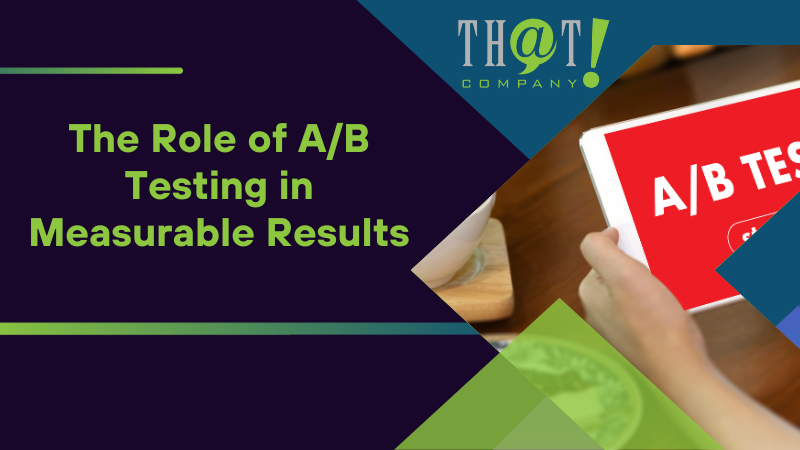
The Role of A/B Testing in Measurable Results
A/B testing has emerged as a key component in attaining quantifiable outcomes in PPC and SEO campaigns. It involves comparing two ad or webpage element variations to assess their performance and determine the more effective option. This process aids in campaign optimization and enhancing conversion rates.
A/B testing facilitates result measurement and performance enhancement by comparing various PPC and SEO campaign versions. It can assist in identifying successful keywords and content that can improve website ranking click-through rates and offer valuable insights about the audience. Notable instances of successful A/B testing in PPC and SEO campaigns encompass:
- Landing page A/B tests
- PPC ad text tests
- Responsive search ad A/B tests
- Google Ads A/B tests
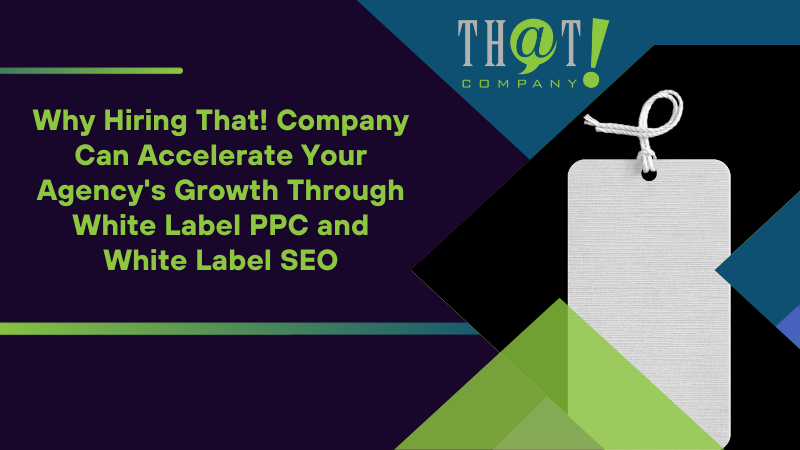
Why Hiring That! Company Can Accelerate Your Agency’s Growth Through White Label PPC and White Label SEO
Opting to outsource PPC and SEO services can significantly impact agencies aiming to expedite their growth. That! Company offers white label PPC and SEO services, enabling agencies to resell PPC advertising and SEO strategies under their own brand without disclosing the outsourcing arrangement.
Agencies that enlist That! Company for white label PPC and white label SEO services can benefit from:
- Broadening their overall digital marketing capabilities
- Gaining access to a specialized team of extensively trained professionals
- Receiving exceptional communication and assistance
- Broadening service offerings
- Enhancing revenue streams without added expenses
- Acquiring white-label clients
- Fortifying relationships
- Establishing credibility through branded reports and assessments for PPC campaigns.
That! Company’s pricing model facilitates this by enabling agencies to:
- Take on more work
- Secure customer deals
- Manage client engagements
- Ultimately leading to heightened agency profitability.
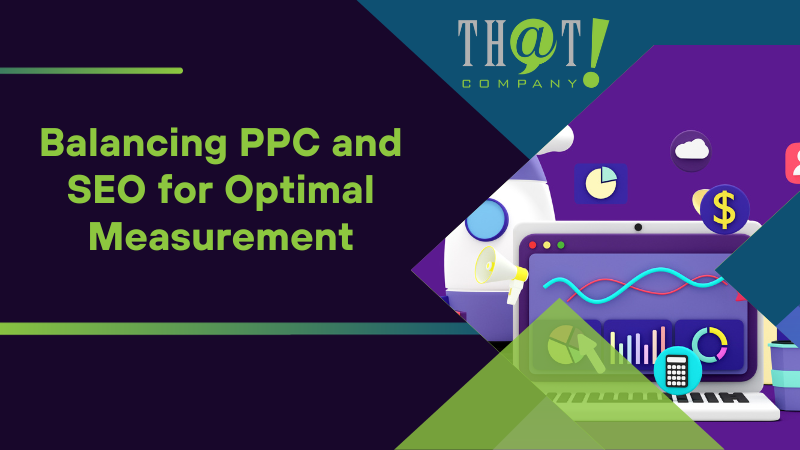
Balancing PPC and SEO for Optimal Measurement
Attaining an apt balance between PPC and SEO can enhance the evaluation and quantification of digital marketing triumphs. Here are some recommended strategies for achieving this balance:
- Test and identify target keywords with PPC.
- Use PPC to control your SEO narrative.
- Optimize landing pages based on PPC data.
- Combine PPC and SEO data for better insights.
By implementing these strategies, you can effectively balance PPC and SEO in your digital marketing efforts.
By striking a balance between both strategies, generating a stream of high-quality leads is possible, and the synergy between organic and paid search can yield remarkable results. PPC is well-suited for short-term objectives through precise advertising targeting specific demographics and keywords, while SEO contributes to long-term goals by enhancing website visibility through enhanced content.
A recommended marketing budget allocation would typically range from 2-4% of gross revenue, focusing 50-60% on digital marketing. The distribution between PPC and SEO should be determined by the specific goals of the website, the available marketing budget, and the level of competition within the industry.
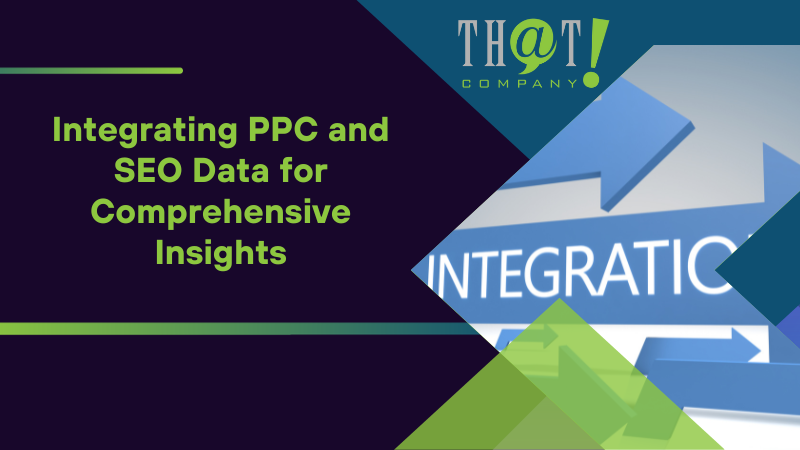
Integrating PPC and SEO Data for Comprehensive Insights
Integrating PPC and SEO data unveils their true potential. This integration can enhance overall digital marketing performance by strategically aligning both approaches to drive greater results.
Benefits of integrating PPC and SEO data include:
- Improving keyword relevance
- Enhancing ad quality score and placement
- Providing a holistic view of marketing activity and shared insights
- Increasing online visibility
- Optimizing landing pages
- Improving keyword targeting
- Enhancing user experience
- Implementing a cost-effective strategy
- Gaining a better understanding of customer behavior
- Improving ROI
Recommended strategies for integrating PPC and SEO data include:
- Testing and identifying target keywords with PPC
- Using PPC to control your SEO narrative
- Identifying top keywords for PPC bidding
- Combining PPC and SEO data for keyword optimization
- Leveraging PPC ad copy for meta descriptions
- Using PPC data to optimize landing pages
- Analyzing PPC conversion data for SEO insights
- Using PPC to test and optimize title tags
- Combining PPC and SEO data for content optimization
- Using PPC data to identify high-performing content
- Leveraging PPC data for link building opportunities
- Using PPC to drive traffic to new content
- Combining PPC and SEO data for local SEO optimization
- Using PPC to boost social media engagement
- Leveraging PPC data for influencer marketing
Tools such as CrazyEgg, Google Analytics, Inspectlet, Optimizely, and Google Optimize/Optimize 360 can aid in this integration process.
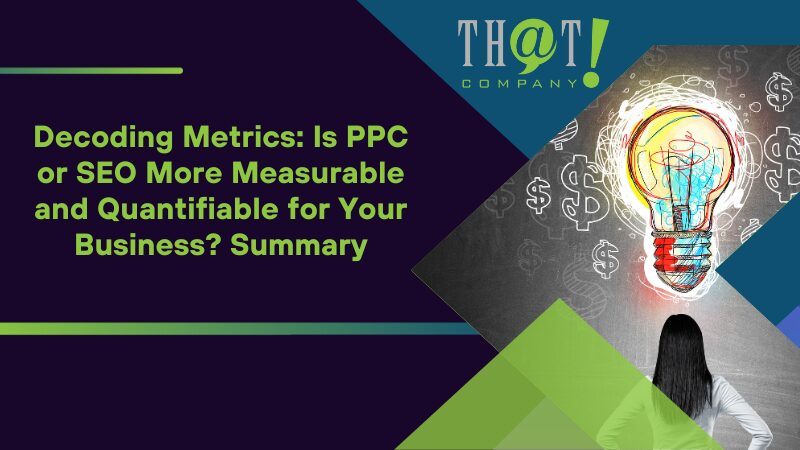
Summary
In conclusion, PPC and SEO play a pivotal role in digital marketing, each offering unique advantages. While PPC provides immediate results, SEO offers long-term benefits. Balancing these strategies and integrating their data can lead to comprehensive insights and optimal measurement of digital marketing success. The measurability and quantifiability of these strategies enable businesses to make informed decisions, optimize their strategies, and allocate resources effectively to achieve both short-term and long-term digital marketing success.
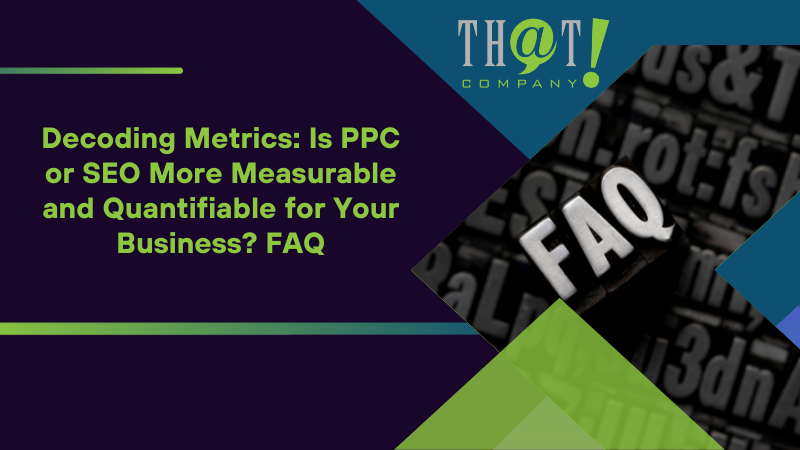
Frequently Asked Questions
What is more important, SEO or PPC?
SEO and PPC are important, and the choice depends on your business goals. SEO helps establish long-term credibility and brand recognition, while PPC provides immediate visibility and allows for customized campaigns. Choose based on your specific needs and objectives.
How is ranking different when comparing PPC vs. SEO groups of answer choices?
When comparing PPC and SEO, the ranking of PPC ads depends on relevance and budget, while SEO involves a complex algorithm considering over 200 ranking factors. Ultimately, the different ranking methods result in distinct positioning for PPC and SEO.
What are the key performance indicators used to measure success in PPC advertising?
The key performance indicators used to measure success in PPC advertising include ad performance metrics like clicks, impressions, conversions, and cost per click (CPC). These factors help gauge the effectiveness of PPC campaigns.
What are the benefits of hiring That! Company for white label PPC and SEO services?
Unlock the power of digital growth with That! Company’s white label PPC management and SEO services. Elevate your agency’s capabilities and enjoy seamless communication and assistance. Our expertise in white label PPC management ensures strategic excellence for your expansion

